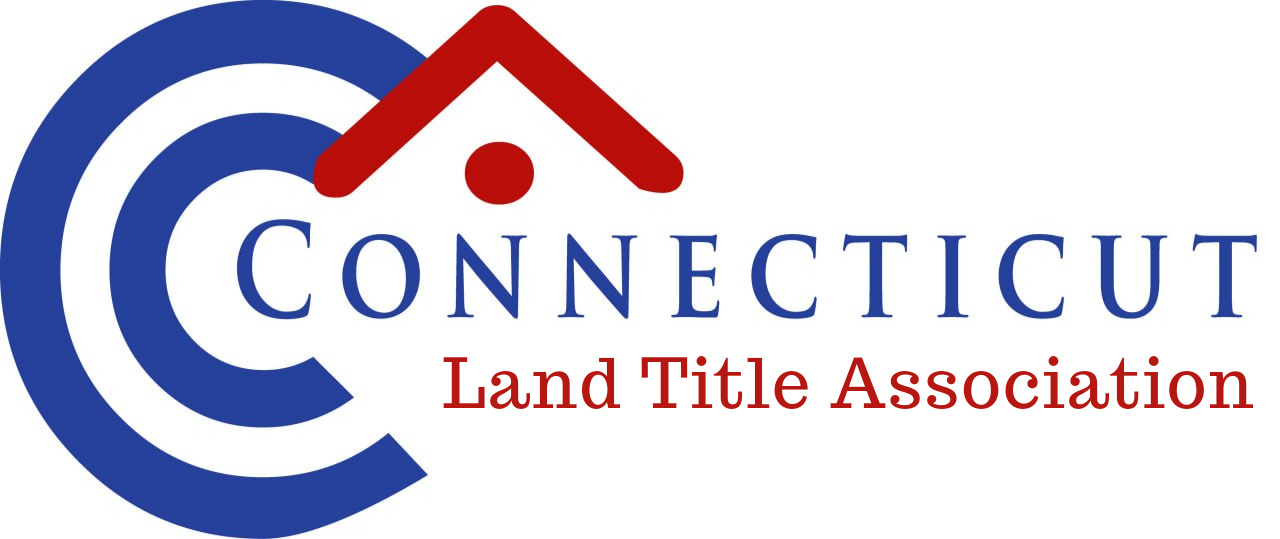Preamble
The land title profession is a vital and integral part of our country’s economy. It facilitates real estate transactions; enhances the reliability and accuracy of the data in our land title record systems; acts as the conduit through which many governmental and other liens are paid; and affords consumers peace of mind that their interest in real property is protected.
The Connecticut State Land Title Association (CTLTA) is dedicated to promoting principles, values and standards of behavior that guide the land title profession decisions, activities, procedures and systems in a way that serves the needs and interests of the consumer, the land title industry and its constituents.
In furtherance of its commitment to maintaining and exhibiting the highest standards of business and professional ethics, CTLTA has implemented the following Code of Ethics and Conduct intended to protect the consumer and the land title industry while informing its members of the association’s expectations. This Code supersedes all prior codes and will be reviewed annually to ensure that it reflects the evolving needs and interests of the consumer as well as the land title industry.
Code of Ethics and Conduct
First
Maintain and enhance the integrity of the land title profession. This includes honesty and candor, which may not be subordinated to personal gain or advantage
Second
Engage in practices which will further the interests of the public and the land title industry.
Third
Treat fellow land title professionals and consumers with dignity, courtesy and respect; and maintain a spirit of professionalism.
Fourth
Comply with all governmental laws, rules and regulations applicable to the land title profession, as well as this Code of Ethics and Conduct. If the land title professional is unsure of whether a contemplated action is permitted, the land title professional should consult with the appropriate resource expert.
Fifth
Refrain from any form of retaliation against the land title professional who, in good faith, reports any conduct or activity that the land title professional reasonably believes violates any law, rule or regulation applicable to the land title profession , or this Code of Ethics and Conduct, even if the subject conduct does not actually violate the law.
Sixth
Refuse to participate or engage in any real estate transaction or business arrangement where a conflict of interest exists, including when the land title professional and/or the land title professional’s family member or firm has a present or contemplated interest unless such interest is specifically and timely disclosed and consented to by all affected parties.
Seventh
Refuse to participate in any agreement or arrangement, whether oral or written, that results in the payment to a person of any commission, rebate or other thing of value received or provided in exchange for a referral or reward of the land title business which violates any state, federal and/or local laws.
Eighth
Act with the care, competence and diligence that a prudent professional would exercise when examining titles to real property; issuing title commitments and title policies; and providing requested ancillary services (duty of care).
Competence incorporates knowledge and skill. In the event the land title professional is confronted with a matter which the land title professional is not sufficiently competent to address, such land title professional must gain the competence, obtain assistance or refer the consumer to a competent professional with the required expertise. A land title professional should always strive to keep abreast of the latest developments in the land title industry and promote the continuing education of land title professionals and consumers.
Diligence requires providing professional services, including responding to consumer inquiries, in a prompt and thorough manner.
Ninth
Engage in marketing activities which are informative and facilitate the educated selection of the title services provider that best fits the consumer’s needs.
Tenth
When providing any services within the land title profession, one must disclose of the nature of the services and products provided, including ancillary services; copy costs; scan fee costs, and any types of additional costs your client or the consumer may incur in the consummation of the scope of your transaction.

